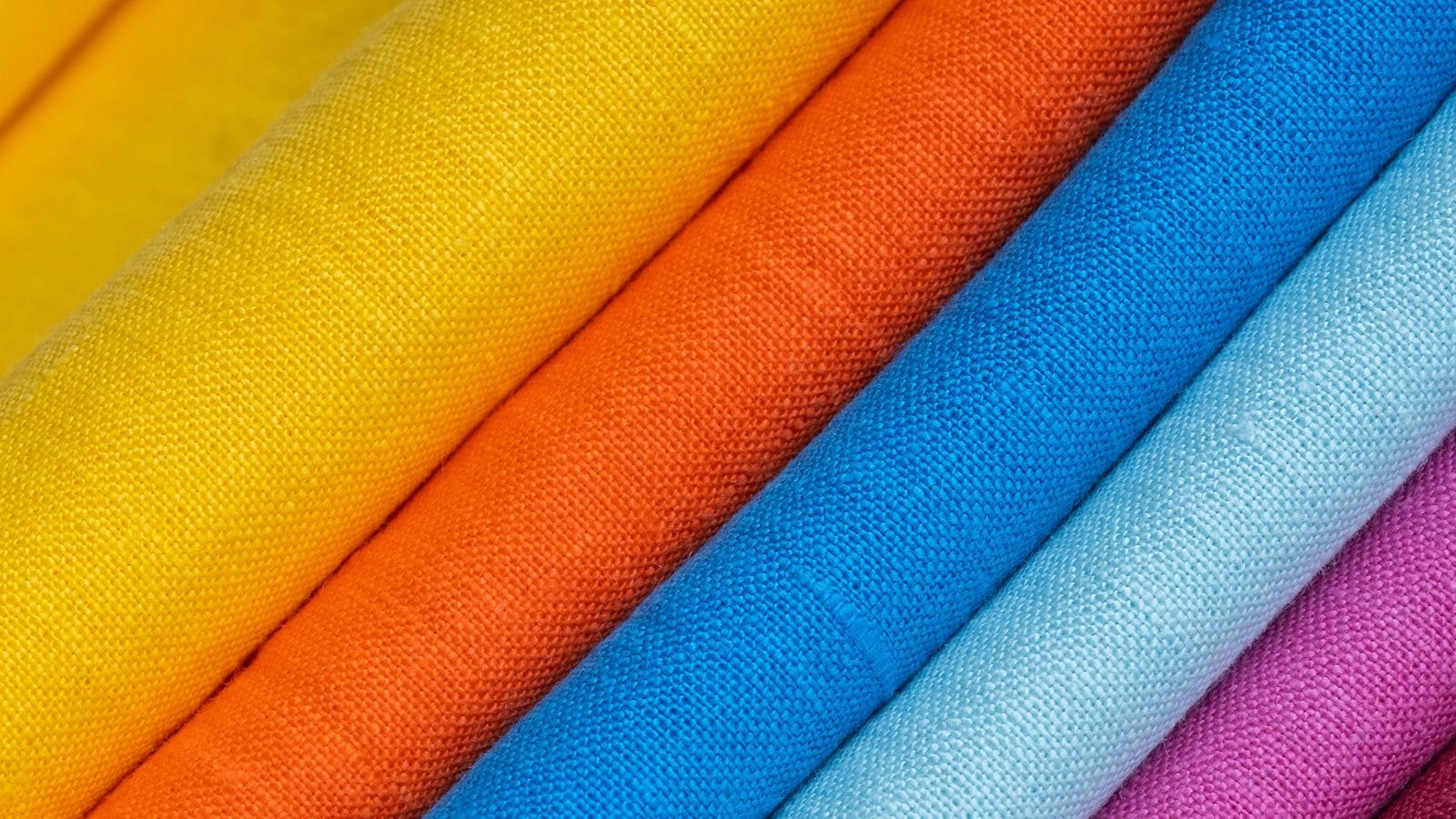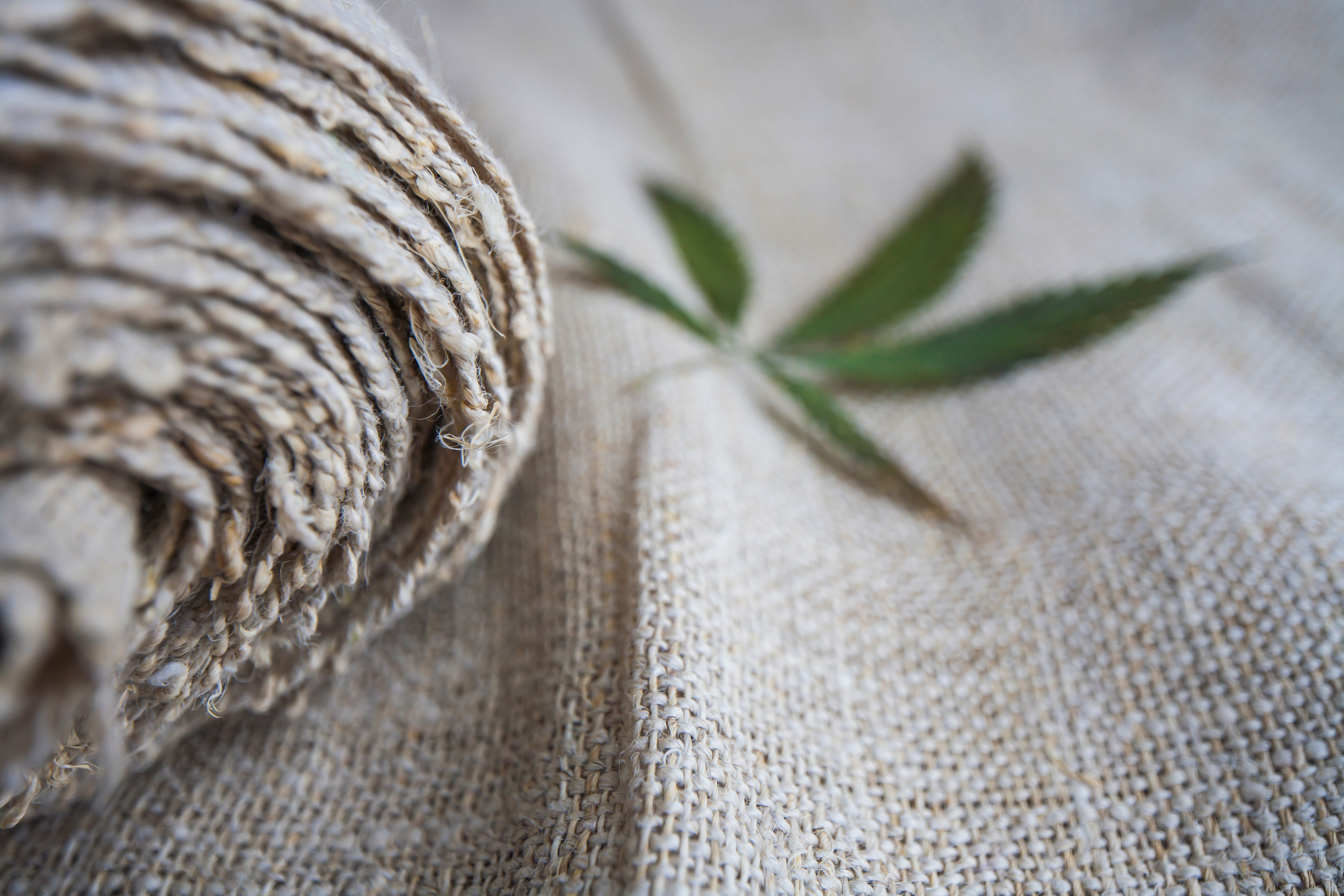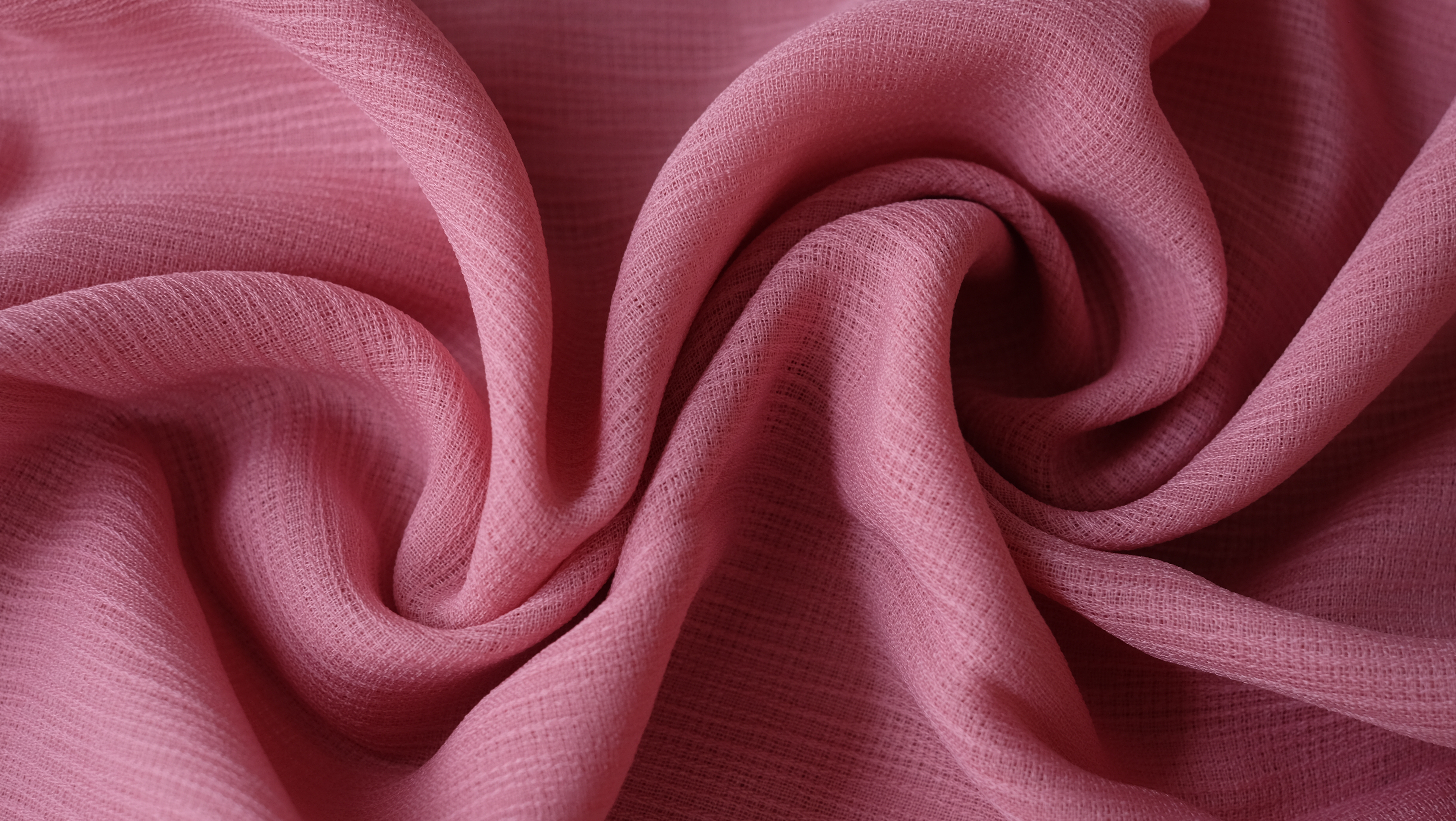Top 5 Natural Fabrics to Invest in This Summer Season
With the onset of the summer season, it’s only a matter of time when the heat makes it unbearable to step out. In times like these, you wish you had a wardrobe filled with summer friendly clothing, right? Well, it’s not too late. At the recently concluded FDCI x Lakme Fashion Week, ReshaWeaves by Reshmandi, paid ode to sustainability and featured an array of natural fabrics which are environment and skin friendly for your perfect summer look.
India has been endowed with a variety of natural fabrics, which are eco-friendly and sustainable. “The use of natural fabrics is becoming increasingly popular in the clothing industry, and it is expected to grow exponentially. This increase is driven by a variety of factors, including the rise of sustainable fashion and people’s desire to live a more ecologically responsible lifestyle,” says Mayank Tiwari, CEO & founder of ReshaMandi, adding, “The abundance of natural fibres is contributing significantly to the growth of the global textile market. And the increased use of natural products in the textile industry indicates that the market for eco-friendly fabrics is largely expanding.”
Here’s a look at the Top 5 widely used Natural fabrics in India, curated by Reshamandi:
Cotton: Cotton is an extremely eco-friendly fabric, and it has many benefits, including the ability to control moisture, insulate, and provide comfort, and is also hypoallergenic, weather-proof, and durable fabric. It is also 100 percent biodegradable because it is a natural product made entirely of cellulosic fibres.
Jute: After cotton, jute is the most important and widely cultivated vegetable fibre. Jute fibres are completely biodegradable and recyclable, making them environmentally friendly. They have good thermal and acoustic insulating properties, with moderate moisture regain and no skin irritations. It is a highly versatile natural fibre that has been used as a raw material in the packaging, textile, non-textile, and agricultural sectors.
Banana fabric- Banana fabric is a lovely, cruelty-free fabric that looks and feels like real silk and is a perfect vegan option. The fibre material is derived from the banana plant’s stem, and while it is a novel concept, it is not new. Genetically modified crops are not used or required in the production of banana fibres. As a result, they provide farmers with a long-term source of income.
Viscose- Viscose is a semi-synthetic fabric that is used in clothing, upholstery, and other products. It’s made from wood pulp that’s been processed and spun into yarns before being used to manufacture fabric. The viscose fabric is smooth, glossy, and lightweight, and it drapes beautifully. Viscose rayon is a cool fabric for trendy summer attire since it is incredibly breathable.
Hemp- Hemp is a low-impact, highly sustainable crop that can be sustainably transformed into fabric. Hemp fabric is moisture-wicking, UV-protective, thermally insulating, and anti-bacterial in nature and the fabric has widely been praised for its strength, adaptability, and long life.
Read all the Latest News , Breaking News and IPL 2022 Live Updates here.
For all the latest lifestyle News Click Here




